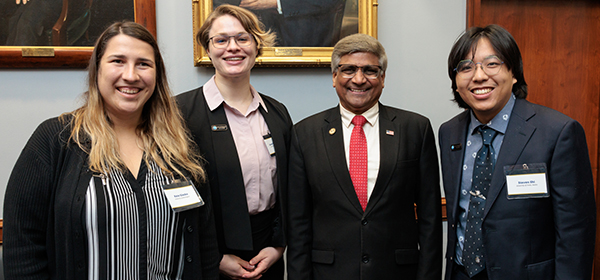New ADA Title II Rule about Web and Mobile App Accessibility
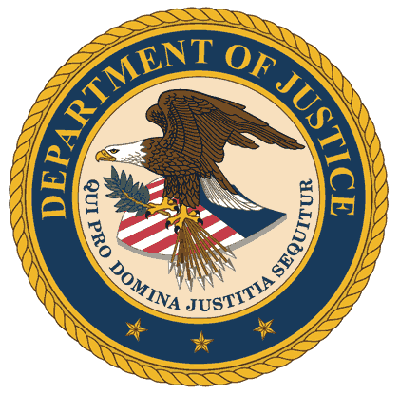 On April 24, 2024, the United States Department of Justice issued a new rule called “Nondiscrimination on the Basis of Disability; Accessibility of Web Information and Services of State and Local Government Entities.” This rule, which covers web content and mobile apps, was published under Title II of the Americans with Disabilities Act (ADA) of 1990. This rule applies to governmental entities including public universities and colleges. It calls for compliance under the WCAG 2.1 AA guidelines by April 24, 2026 (for entities with a population size of 50,000 or more) or April 26, 2027 (for entities with a population less than 50,000).
On April 24, 2024, the United States Department of Justice issued a new rule called “Nondiscrimination on the Basis of Disability; Accessibility of Web Information and Services of State and Local Government Entities.” This rule, which covers web content and mobile apps, was published under Title II of the Americans with Disabilities Act (ADA) of 1990. This rule applies to governmental entities including public universities and colleges. It calls for compliance under the WCAG 2.1 AA guidelines by April 24, 2026 (for entities with a population size of 50,000 or more) or April 26, 2027 (for entities with a population less than 50,000).
In September 2024, Terrill Thompson, accessibility consultant for AccessComputing, and I wrote a short article for the Computing Research Association’s Computing Research News about the rule and its impact on computing departments. A focus of the article is pointing out the need and obligation of computing departments to include web, desktop app, and mobile app accessibility in their curricula and to emphasize accessibility research in their research programs.
I encourage everyone to read our article and share it with their department chairs and curriculum committee members.
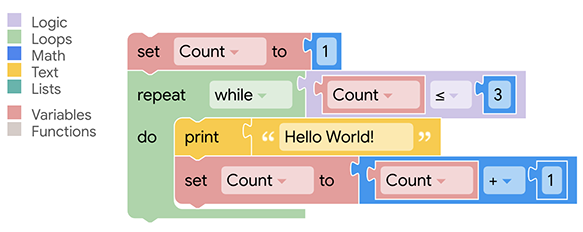
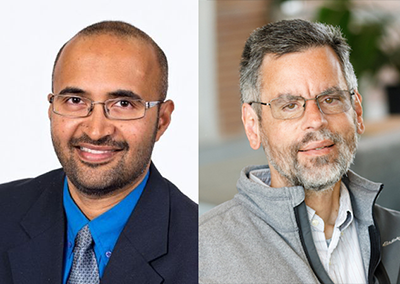
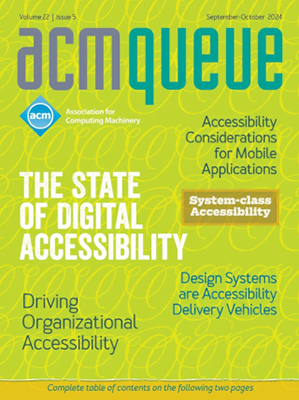 AccessComputing facilitated the composition of a special issue of
AccessComputing facilitated the composition of a special issue of 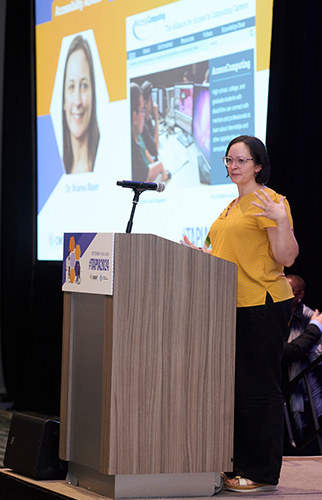 The Tapia Celebration of Diversity in Computing brings together computing students, faculty, and professionals for networking, mentoring, and learning. One of the things that I enjoy most about the Tapia Celebration is the chance to connect with AccessComputing community members old and new. Held September 18-21 in San Diego, this year’s Tapia Celebration allowed us the opportunity to do so. AccessComputing funded travel and participation for over 30 Team Members to attend.
The Tapia Celebration of Diversity in Computing brings together computing students, faculty, and professionals for networking, mentoring, and learning. One of the things that I enjoy most about the Tapia Celebration is the chance to connect with AccessComputing community members old and new. Held September 18-21 in San Diego, this year’s Tapia Celebration allowed us the opportunity to do so. AccessComputing funded travel and participation for over 30 Team Members to attend. 
